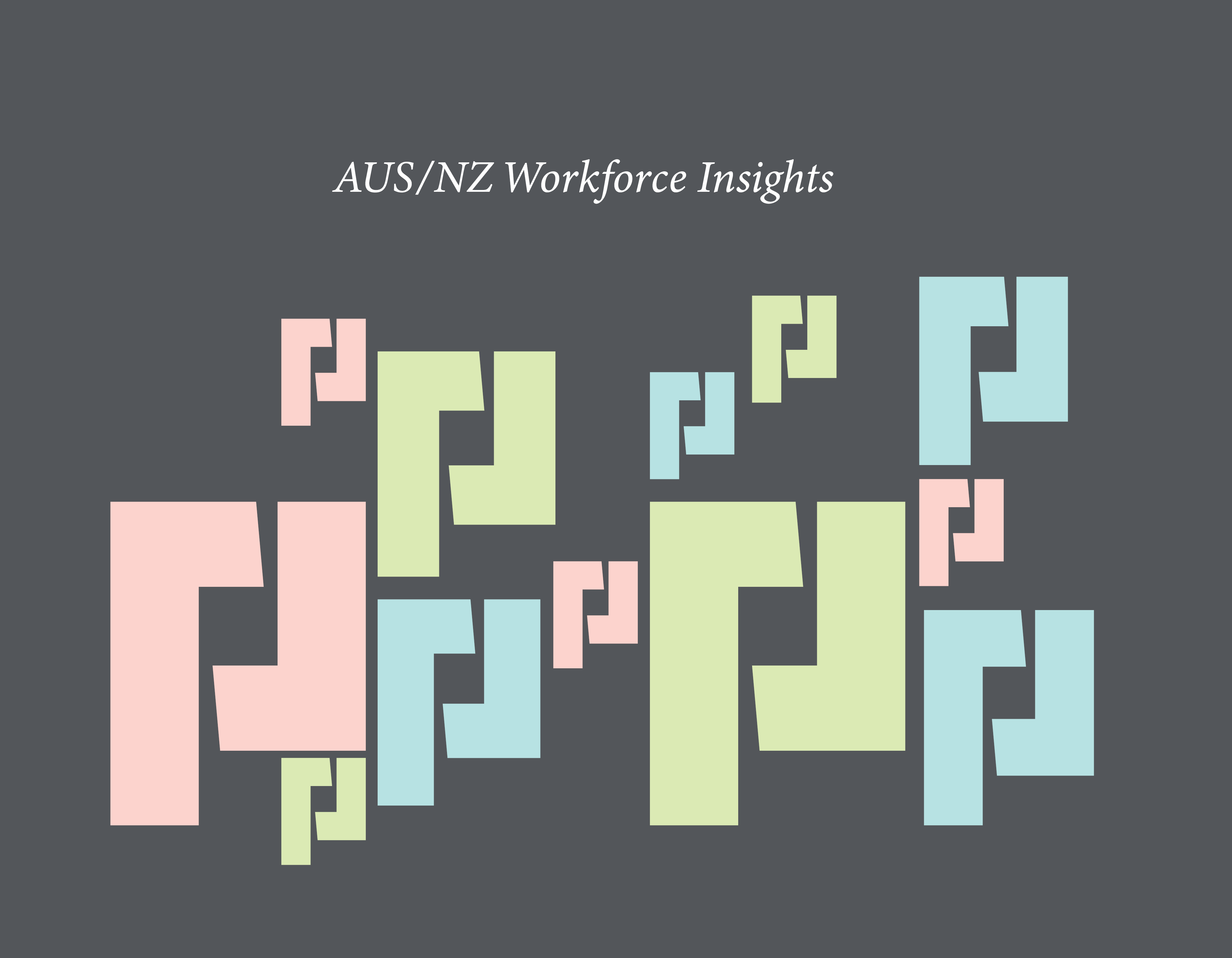Career breaks are common and often necessary for a variety of reasons. However, you’re not alone if the thought of addressing a break in your resume or an interview gives you anxiety. Hiring managers know that caregiving, having children, travelling and redundancy are legitimate reasons to have a gap in your resume, it’s all about how you choose to disclose this information that can help or hinder your job search.
It’s common
Remember having a break from work isn’t rare and there are many other job seekers out there in the same boat, so don’t be tempted to try and hide it. It is much better to be upfront about your career gap, why it occurred and make it clear that you’re excited to get back to work.
People are sometimes happy to mention positive reasons for a gap such as having a family, travelling or further study while might be less inclined to talk about being unable to find employment, being fired or made redundant. The effect the pandemic has had on workers globally has impacted the way we’ve all treated job loss. Even if it hasn’t happened to you, you likely know someone who has lost their job since the start of 2020 and people, including hiring managers, are more understanding of people who have been through this recently.
A Fast Company study discovered that job applicants who disclosed the reason for their career break on their resume and cover letter received nearly 60% more interviews than those who did not provide a reason.
Show what you did while between work
If you studied or completed a course, even volunteering, during a gap in roles, these are all good to declare because it again shows that you’re not wallowing in your circumstances and instead bettering yourself to make yourself a more well-rounded person and professional candidate. LinkedIn recently introduced a career gap feature so you can add what type of break it was and what you did to the experience section of your profile.
Explain why it occurred
Almost all career breaks or gaps are explainable, whether you were ill, or caring for someone, staying at home with children or travelled. These are all legitimate reasons to not be working for a time. The most likely concern any employer will have if you haven’t worked for a while will be the fact you may not be up to date on the latest information in your industry. This is where you can comfort a hiring manager by telling them you regularly read articles, journals and periodicals to stay up to date with news and advances in whatever industry you worked in. This also shows that you’re passionate about your field of work if you actively engaged in it while not working.
Think of the positives
Another thing to think about if feeling like your lack of recent work is a detriment to your job hopes is that recruiters might look favourably upon your application as they may you to be less likely to take leave soon after starting due to burn out or needing a holiday compared to a candidate coming straight across from an existing role without a break. The way you adapted to your potentially unique circumstances during your break could also play to your advantage.
Consider when it occurred
If you are currently in the middle of a break from work, being more forthright in a cover letter and interview is more important, however if you had a few months between work a few years ago, but have been employed since, it’s not as crucial to address.
You may be tempted to extend your time at each company on your resume by a few months to cover up a break, however being honest ensures reference checks don’t bring you undone. You are however within your rights to just put years on resume for each position, such as ‘Company x 2017-2019’. Therefore, if you had several months between jobs in 2019, any gap will not jump out as much if at all.
Be confident
If coming off a break, state in your cover letter or regularly reiterate in an interview that your break has finished, whatever the reason, and you’re motivated and excited to renter the workforce. However, be careful to still talk about why the role you’re going for is an exciting opportunity and don’t display a desperateness to take any job to get back to work.
Knowing what you’re going to say when asked about any gaps in an interview can avoid you being caught off guard. Even offering up this information freely before being asked outright can show initiative and honesty and displays that you’re not trying to hide a break or shy away from it.
PERSOLKELLY is one of Australia and New Zealand’s leading staffing and recruitment providers. If you’re looking for work, explore our jobs, or register your details, search and apply for jobs on GO, available free from your App store. If you’re looking for staff, get in touch with us to find out how we can support your business with great people.






